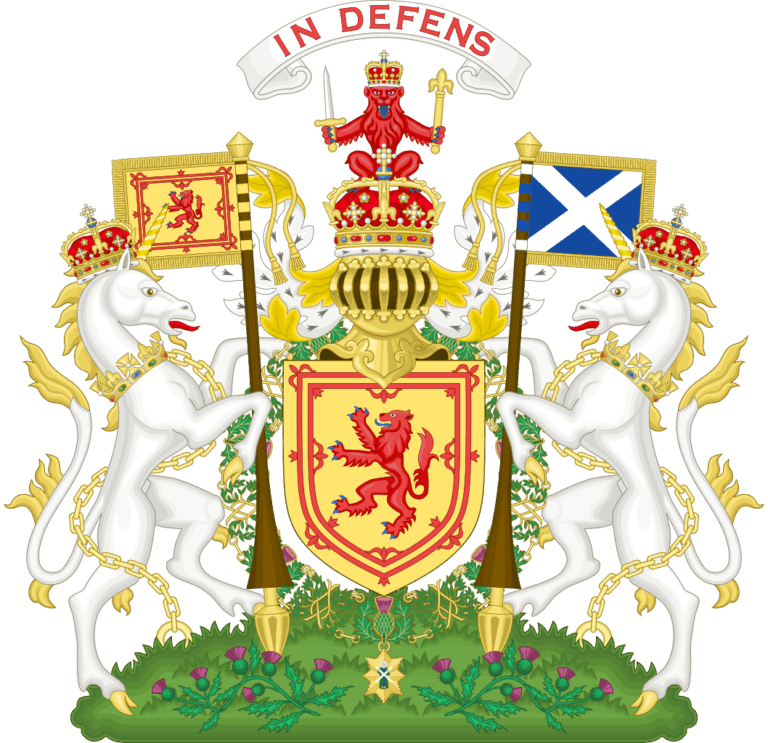The State and the Nation
For Benedict Anderson, Nations are “imagined communities”: it means that there is a will of the people to do things together and this group of people is so large that people cannot know every member: hence, they imagine the other members like them, sharing the same value.
The State is an independent polity, a political unit with a fully independent legislature. Scotland is not a State but she is a Nation.
Until 1999, Scotland was described as a “stateless nation”. Now it has a legislature: she is referred to as a “partially-stated nation”.
Home Rule – Devolution
“Home Rule” is a concept developed by the Liberal Party at the end of the 19th century. The whole concept was “Home Rule All Around” (i.e. Home Rule in the UK).
Then, it meant self-government (independence, autonomy), and later: devolution proposals of the Labour Party.
For Scotland, Home Rule means Scotland governed by Scots in Scotland: it underlines Scotland’s sovereignty. On the other hand, devolution underlines the sovereignty of the British State.
Vernon Bogdanor defines devolution as “the transfer of powers from a superior to an inferior political authority. Devolution may be defined as consisting of three elements:
- the transfer to a subordinate elected body
- on a geographical basis
- of functions at present exercised by ministers and Parliament
The Scotland Act of 1998 set up the Scottish Parliament, its rules etc. Section 28: “This section does not affect the power of the British Parliament to make laws for Scotland”.
In theory, the British Parliament can still make laws for Scotland in Education for instance. The Scottish Parliament is subordinated to the British Parliament.
- Devolved areas: education, health, environment…
- Reserved areas: defence, foreign affairs, constitution…
Differences between the two electoral systems
England uses the single ballot simple majority system, also known as “the first-past-the-post” system: one round is always sufficient since the party which gets the largest number of votes wins.
This system was designed for only 2 political parties at the time. If there are more than 2 parties, it is unfair for parties whose electors are not located in the same area.
Example: General Election in Scotland in 1997 for the British Parliament:
Conservatives: 17.5% 0 seats (they never came first)
Liberals: 13% 10 seats (they came first several times)
The British Parliament is bicameral (2 chambers: House of Lords and House of Commons). Scotland uses a completely different system: there are 129 seats in the Scottish Parliament:
- 73 seats for the 1st vote: first-past-the-post system (vote for a candidature),
- 56 seats for the 2nd vote: additional member system. It restores some balance between the votes cast and the number of candidates: adding up some proportional representation.
The Scottish Parliament is unicameral: decisions are usually made quicker than in the British Pt since it is more constructive and consensual.
Therefore, the Scottish Parliament is more representative of the people of Scotland than the British Parliament is.
Synopsis » Scottish Politics: devolution
- Scotland: the State, the Nation, Home Rule, and Devolution
- Scottish Home Rule
- The Act of Union of 1707
- The rise of the Scottish National Party (SNP)
- The Scottish Parliament


I don’t agree with the definition of nation advanced here. Becasue it doesn’t show the difference between the people and the nation. Both people and nation can be defined as a group of individuals that share in common the will to live together.
What I do suggest, is another definition.
The Nation is individuals that want to live together, and these individuals represent the individuals that are alive Now, and the individuals that are no longer alive, and the individuals that will live latter in the same land.
Whereas, the people is the group of a living individuals that want to live together, and that are alive at the moment of speaking.
And from these two definitions comes a very interesting thing… Are elections representing the WILL OF THE NATION? or THE WILL OF THE PEOPLE?
If we adopt that elections are the will of the nation: then voters have the DUTY to vote! (becasue if a voters doens’t vote, then he is seen as not reflecting faithfully the will of his anscestors and his future children that form part of the nation!)
If we adopt that elections are the will of the people: then voters have the RIGHT to vote! Becasue individuals are free to show their own choice or to keep calm, becasue his choice is just his own will.